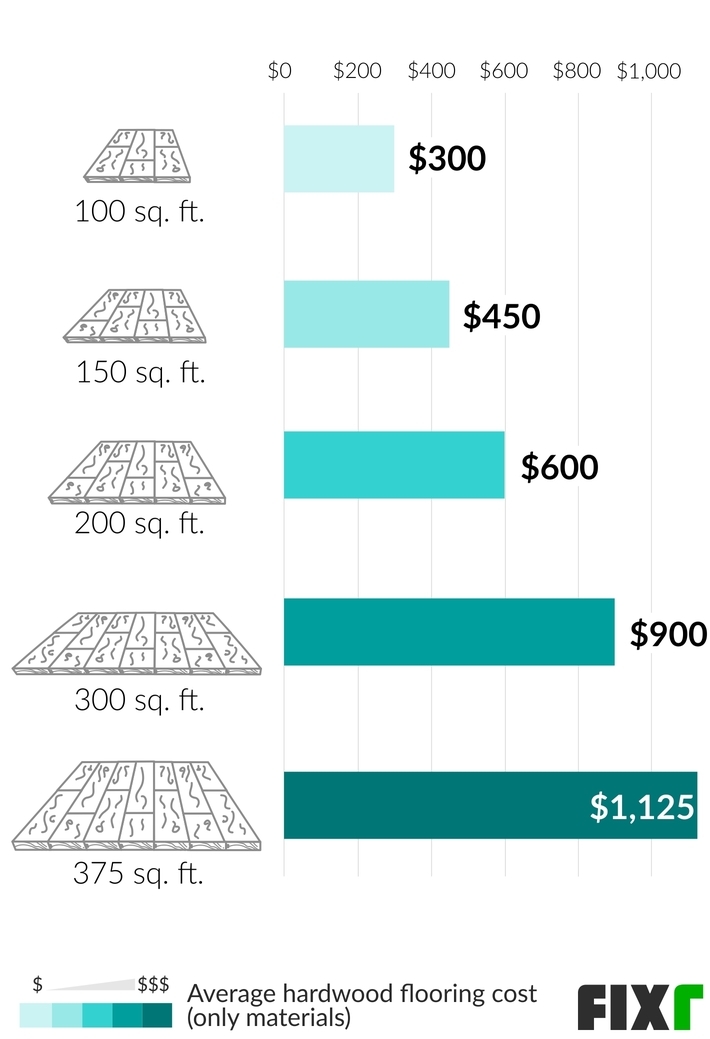Engineered hardwood flooring is an increasingly popular choice for homeowners around the world. It offers a beautiful and durable flooring option that can stand up to the wear and tear of daily life. It is also relatively easy to install and maintain, making it a great choice for those who want to update their home without breaking the bank.
What is Engineered Hardwood?
Engineered hardwood is a type of flooring that contains several layers of wood glued together. The top layer is usually made of a hardwood species such as oak, cherry, or maple, while the bottom layer is usually made of plywood or some other type of composite material. This combination of materials makes engineered hardwood more stable than traditional solid hardwood, as it resists expansion and contraction due to changes in temperature and humidity.
The Benefits of Engineered Hardwood Flooring
Engineered hardwood flooring is a great choice for homeowners for a number of reasons. The most obvious benefit is its strength and durability. Its layered construction makes it more resistant to scratches, dents, and scuffs than traditional solid hardwood. It is also more resistant to warping and cupping due to changes in humidity, making it a great choice for areas with high humidity. In addition, engineered hardwood is usually easier to install than solid hardwood, as it can be floated or glued down.
The Different Types of Engineered Hardwood Flooring
Engineered hardwood flooring comes in a variety of styles and finishes. It is available in a variety of wood species, such as oak, cherry, maple, and hickory. The top layer of the engineered hardwood can be anywhere from 3mm to 12mm thick, depending on the type of flooring you choose. There are also different types of finishes available, such as hand-scraped, distressed, and smooth.
Maintenance and Care for Engineered Hardwood
Engineered hardwood flooring is relatively easy to maintain and care for. It should be swept or vacuumed regularly to remove dirt and dust. For deeper cleaning, you can use a damp mop, but make sure to dry the floor completely after mopping. You should also use a pH-neutral cleaner to avoid damaging the finish. Regularly check for scratches and dents, and if necessary, you can use a light touch-up kit to help repair any minor damage.
The Cost of Engineered Hardwood Flooring
The cost of engineered hardwood flooring can vary depending on the type, quality, and style you choose. Generally, engineered hardwood is more affordable than solid hardwood, making it a great option for those on a budget. The cost of installation can also vary, depending on the type of installation you choose and the size of the area you need to cover.
Conclusion
Engineered hardwood flooring is a great option for those looking for a durable, beautiful, and affordable flooring solution. It is easy to install and maintain, and it is also more resistant to scratches, dents, and warping than traditional solid hardwood flooring. The cost of engineered hardwood can vary depending on the type, quality, and style you choose, but it is typically more affordable than solid hardwood. If you are looking for a durable, beautiful, and affordable flooring solution, engineered hardwood may be the perfect choice for your home.













Related Posts










